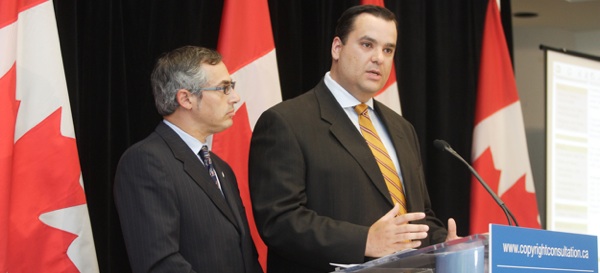Death to copyright violators?
It's been tried, according to Rick Falkvinge, who begins a seven-part history of copyright today. Moneyquote: The copyright industry has tried the same tricks and rhetoric for well over 500 years, and they are also keen on trying to rewrite history. But the tale of the history books differs sharply from what the copyright industry is trying to paint. When the printing press arrived in 1453, scribe-craft was a profession in high demand. The Black Death had taken a large toll from the monasteries, who were not yet repopulated, so copying books was expensive. Obsoleting scribes was not a popular development with...

